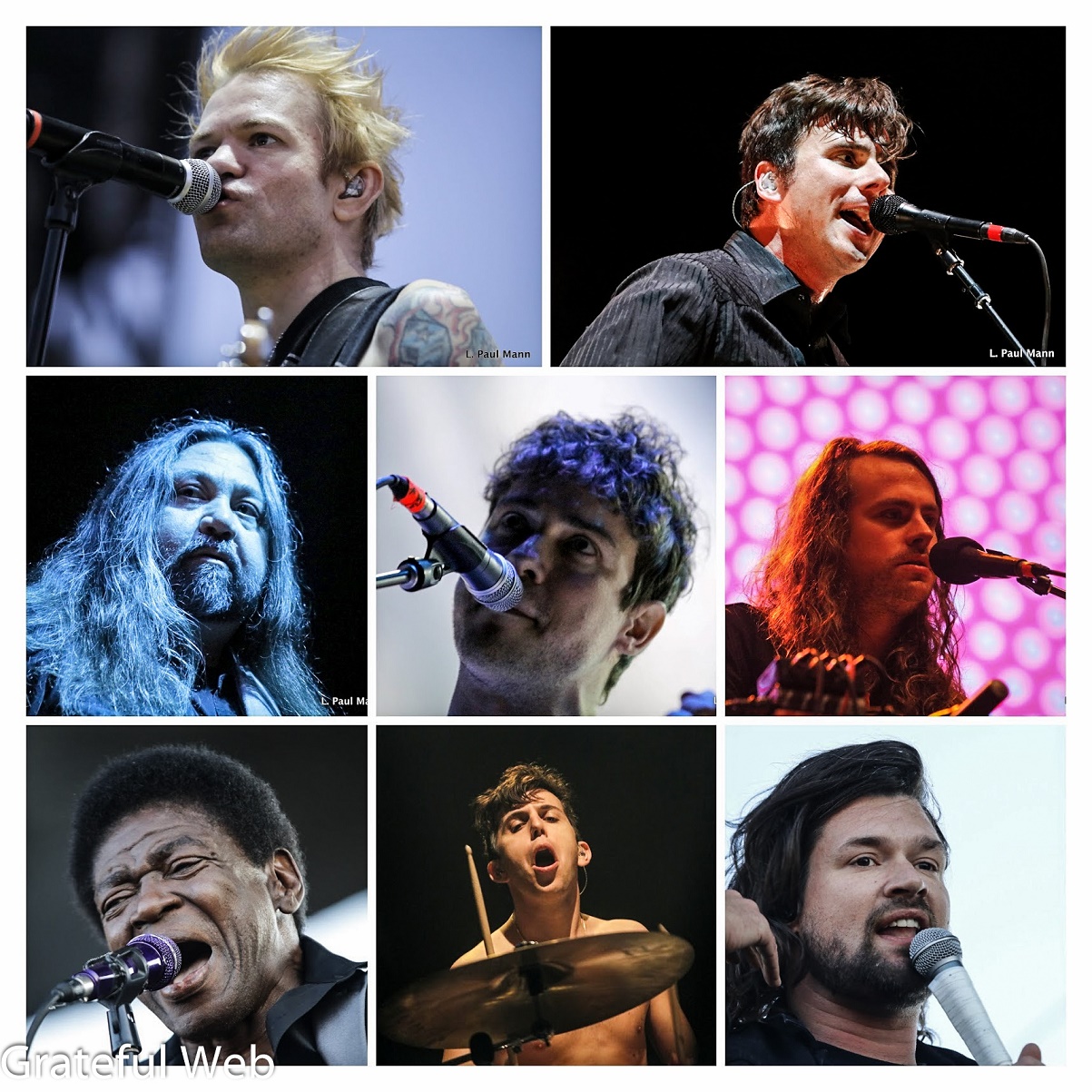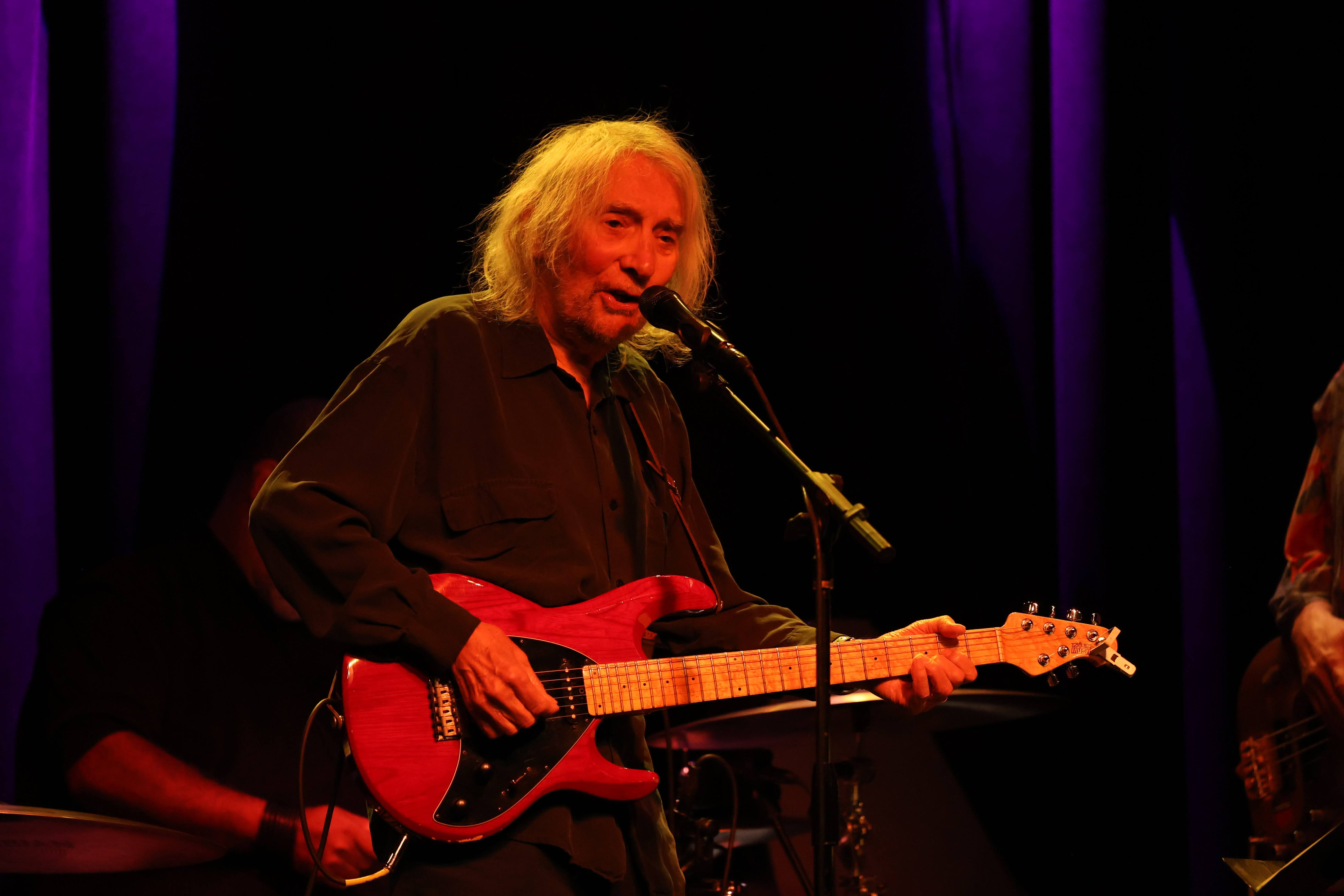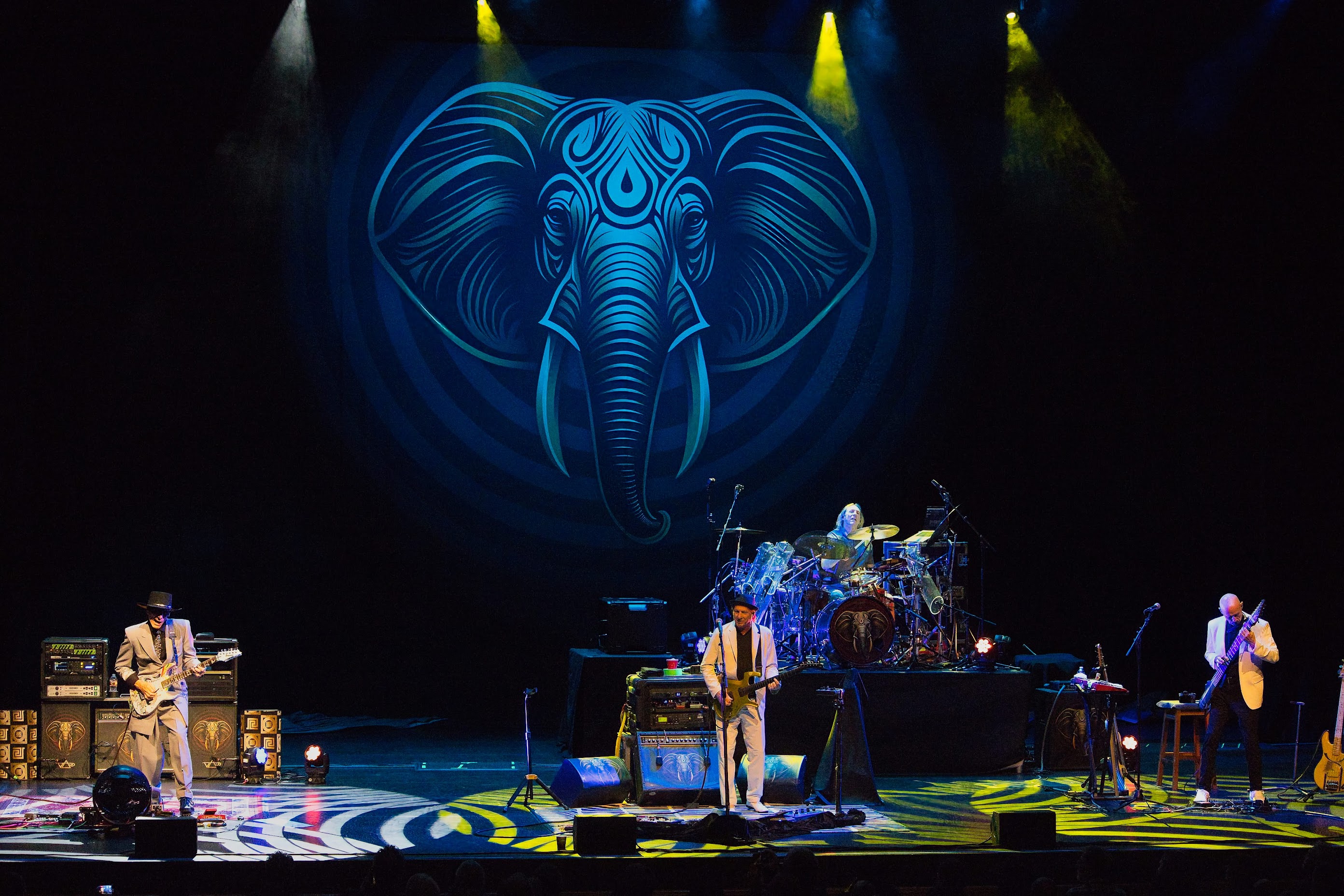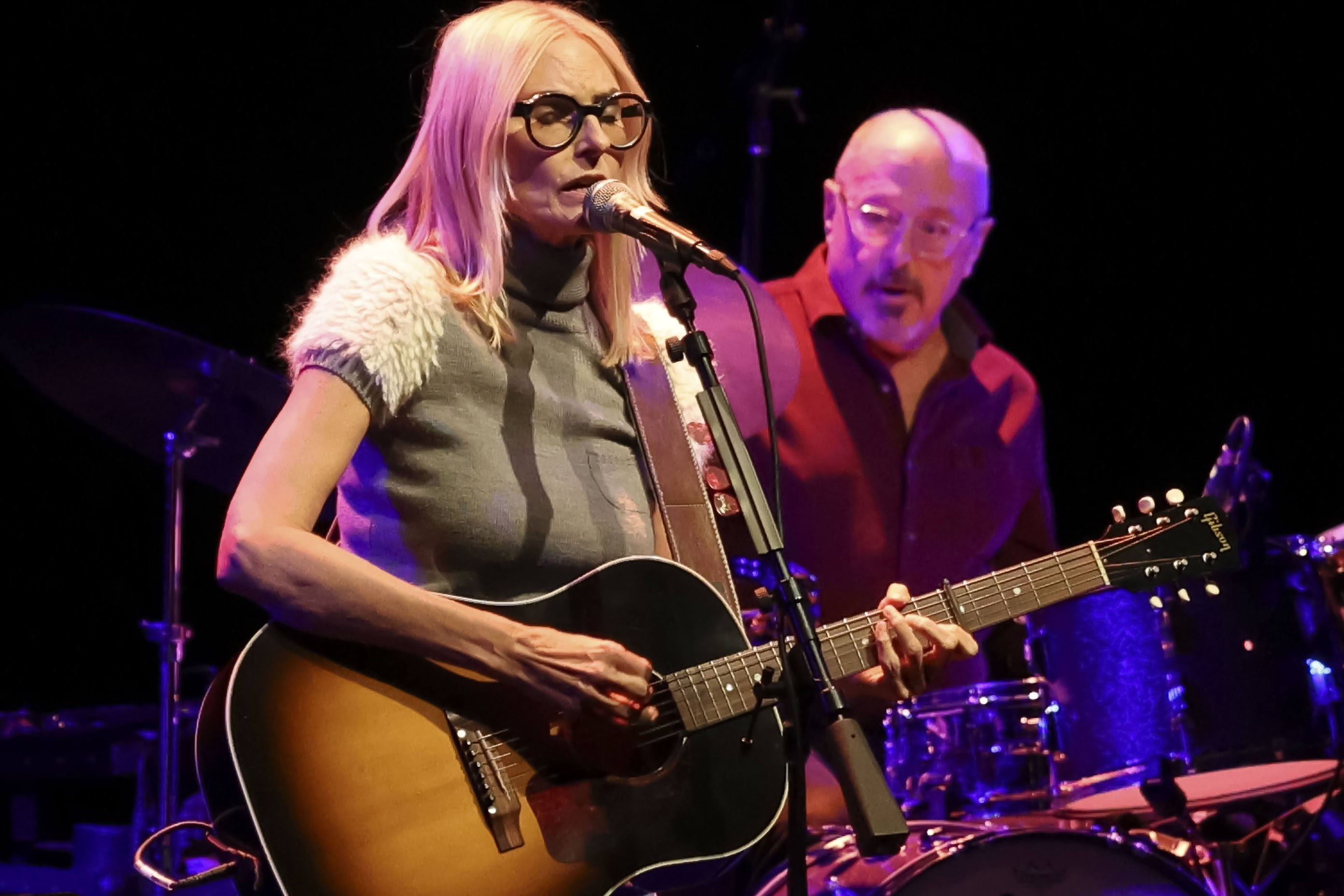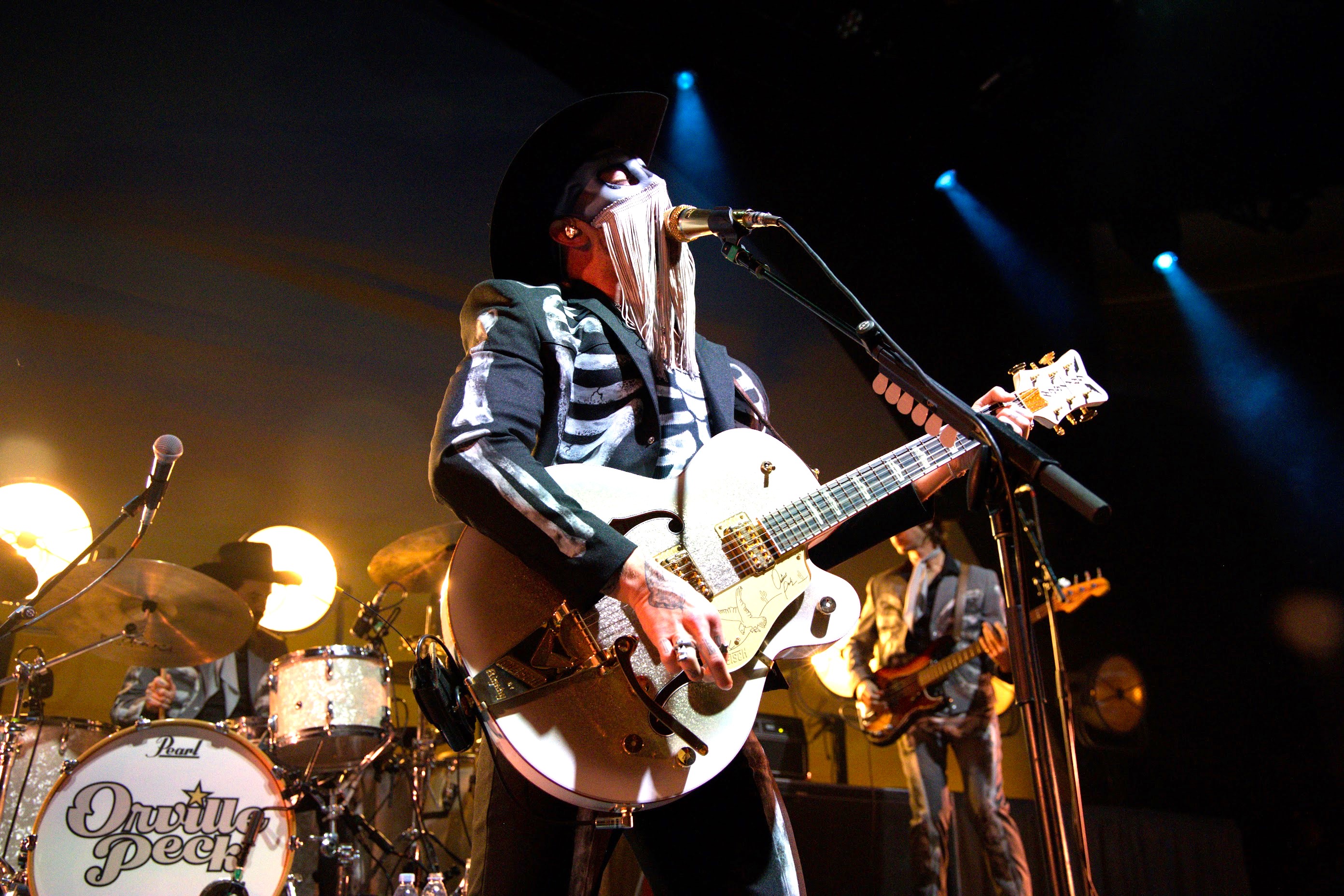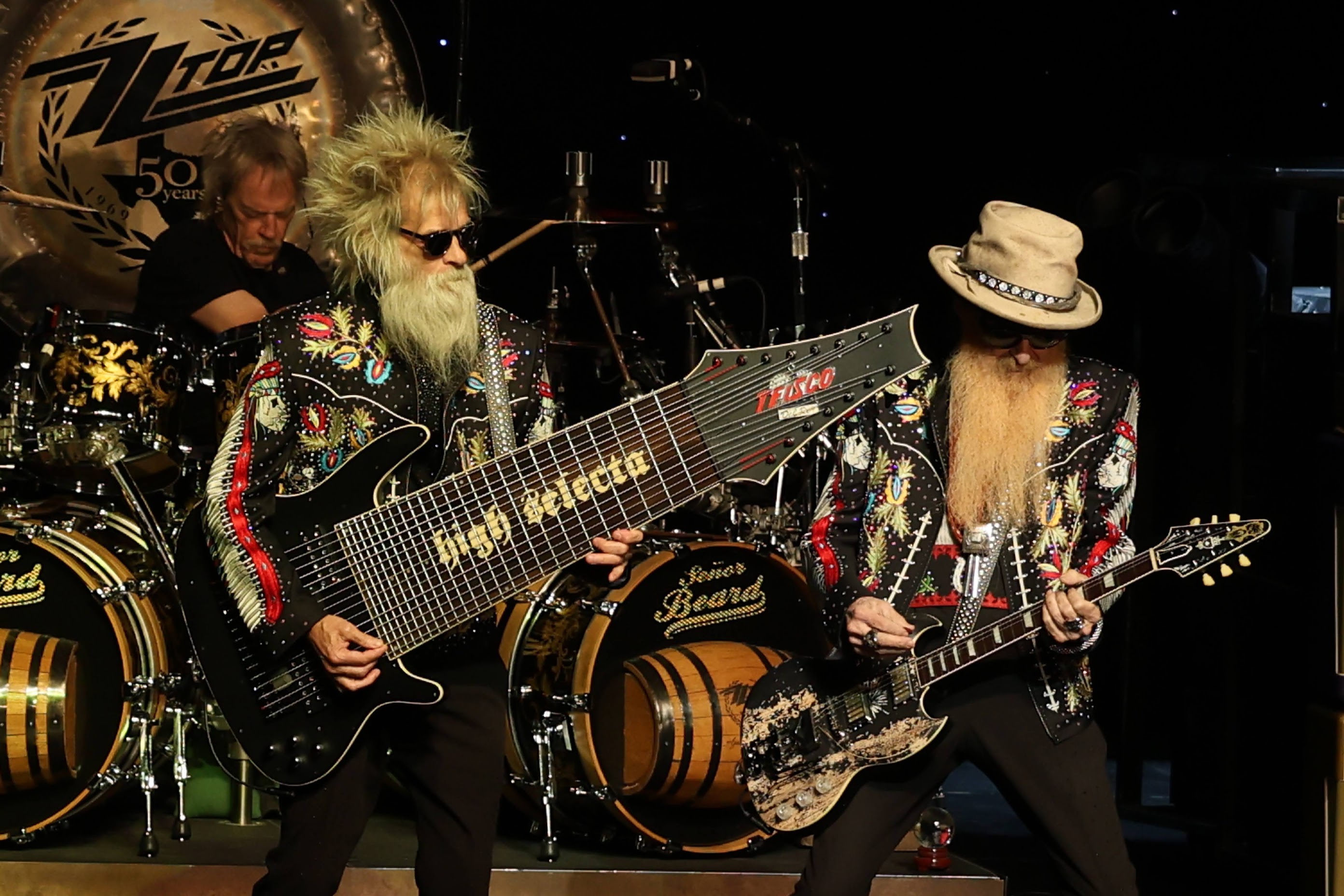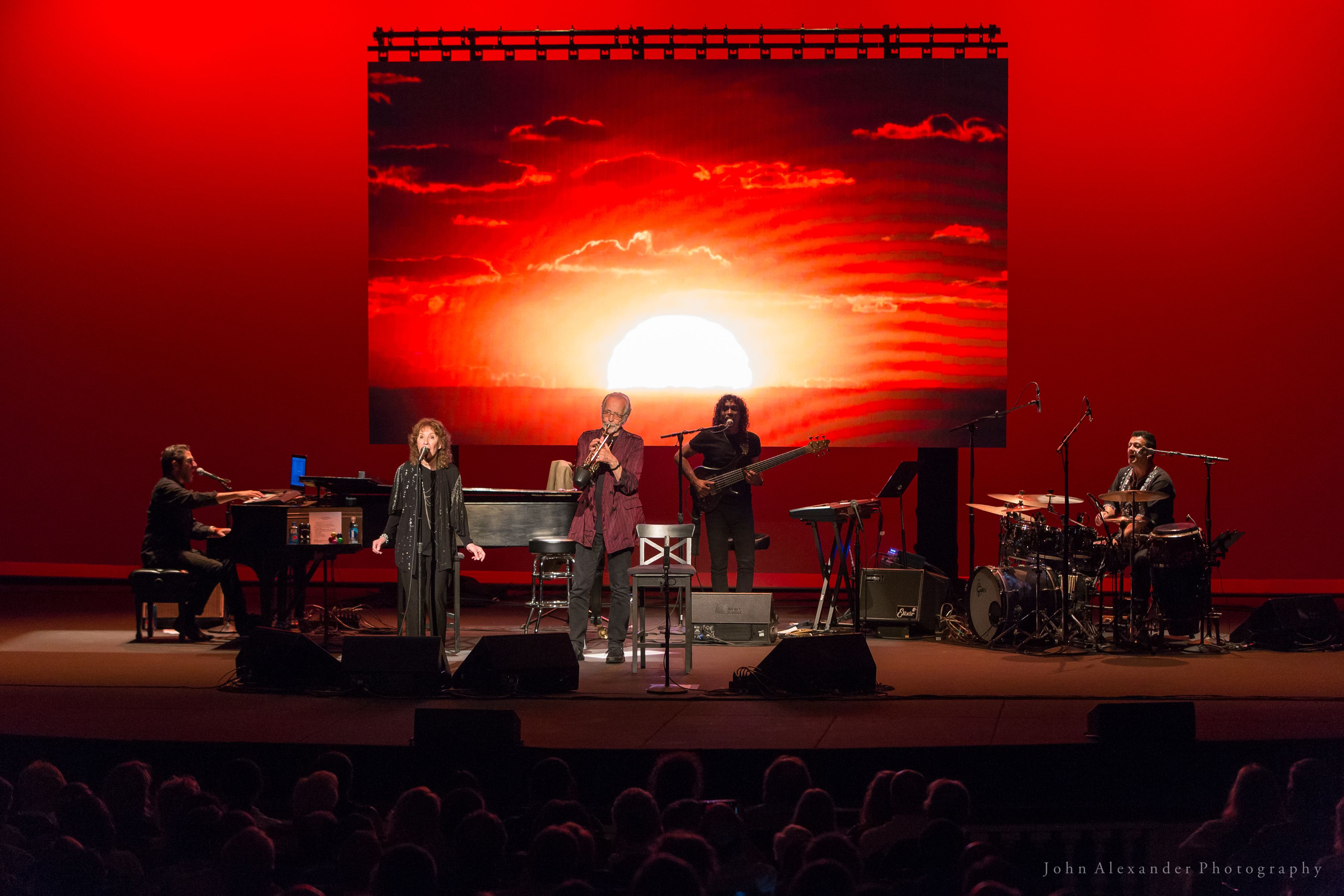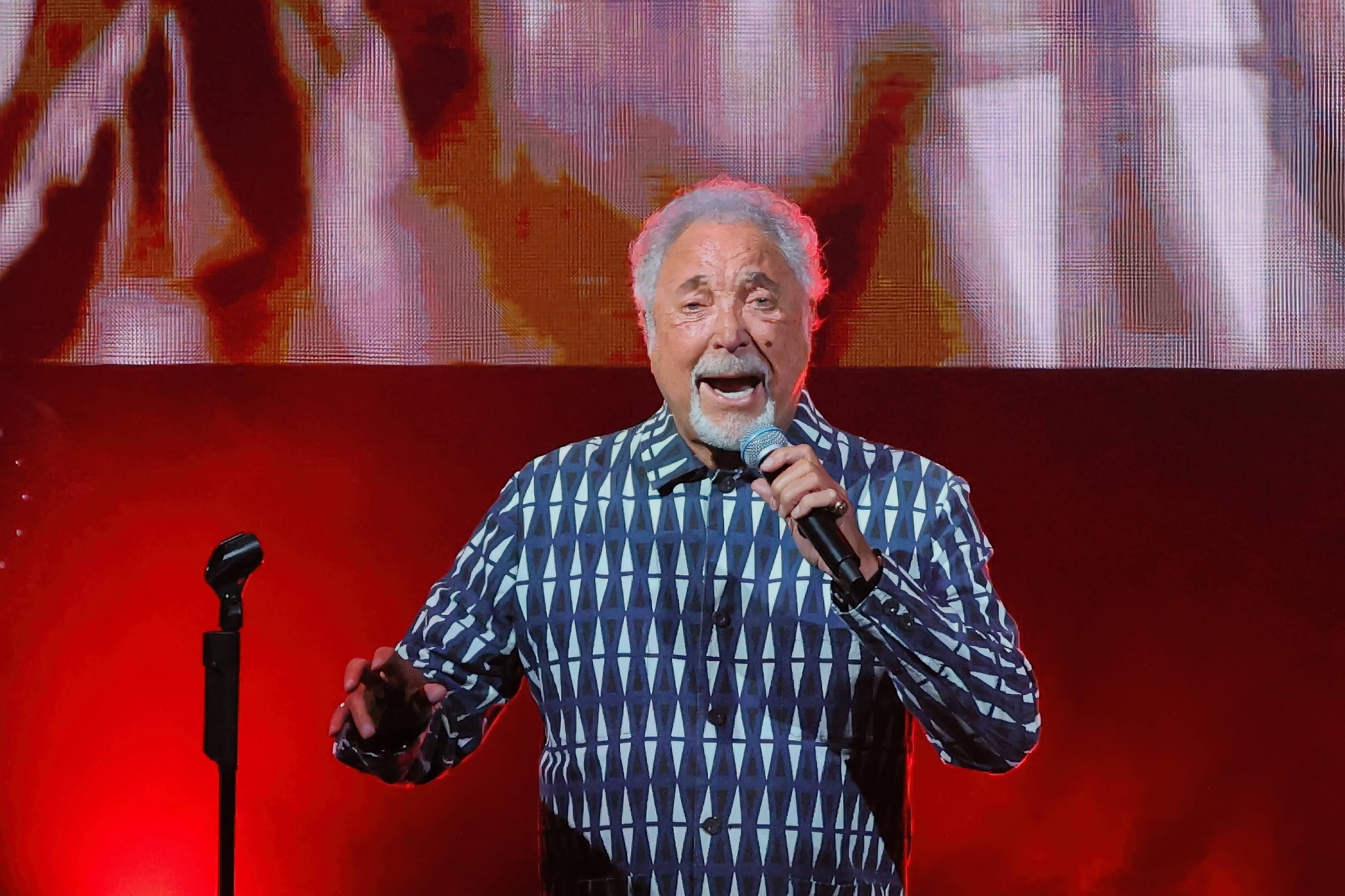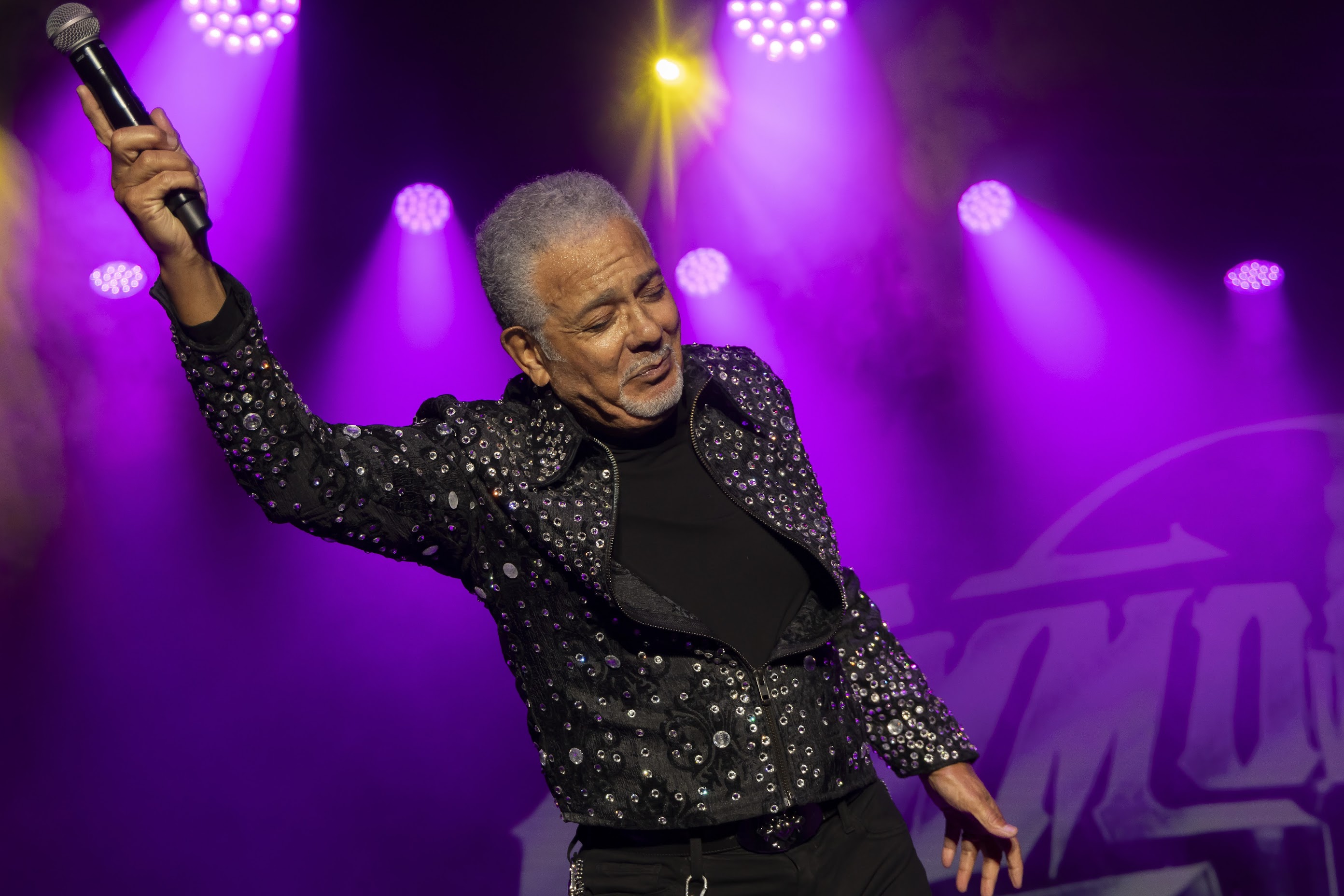One of the oldest music festivals in the United States opened the month-long celebration known as Memphis in May, the first weekend of the month, May 5 to 7. The Beale Street Music Festival has roots dating back to the 1800’s, when African American musicians from across the South would descend on Memphis to perform.
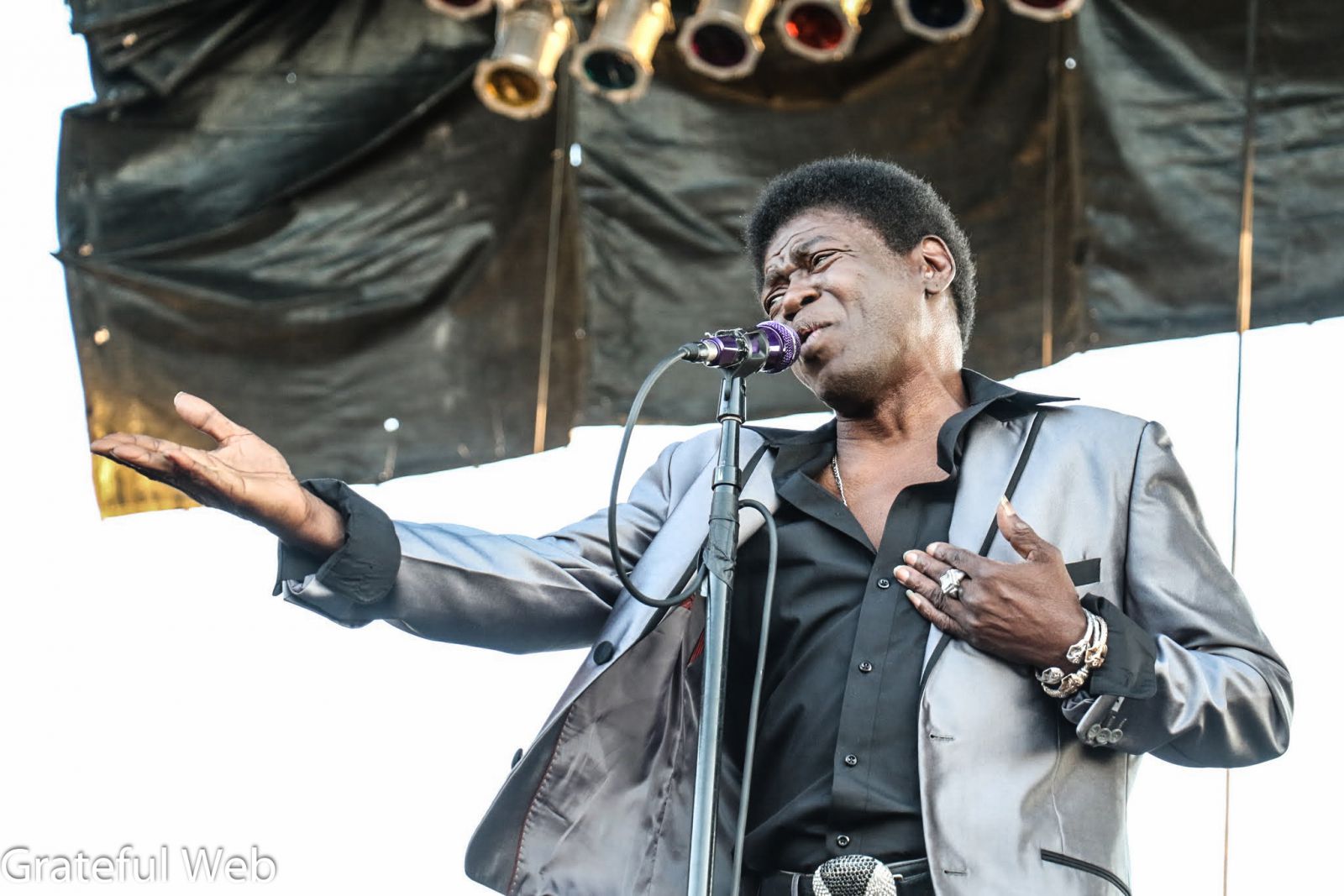 The festival takes place in Tom Lee Park, situated on the edge of the mighty Mississippi river. Memphis has historically been a cultural hub of American civilization due to the proximity of the important waterway. The city also sits at the apex of three converging states, Tennessee, Arkansas, and Mississippi. Outlying areas in all three states offer safe and affordable vacation accommodations for visiting tourists. Tunica Mississippi, about 40 minutes from the park is one nice outlying vacation hub from which to explore Memphis. Located to the south of the city there is very light traffic in the direction of Tunica. The rural Mississippi town has a fascinating history. An actual cotton picking region, it was designated as one of the poorest communities in the country until a series of gambling casinos were approved for the area in the 1990’s. The casinos created an advanced road system and odd one-off Las Vegas like resorts sprouted up across the flat delta cotton fields. Numerous hotel chains moved in offering discount accommodations to bring people to the region. Tunica is also one of the small rural towns that were the birthplace of American blues music. James Cotton called Tunica home.
The festival takes place in Tom Lee Park, situated on the edge of the mighty Mississippi river. Memphis has historically been a cultural hub of American civilization due to the proximity of the important waterway. The city also sits at the apex of three converging states, Tennessee, Arkansas, and Mississippi. Outlying areas in all three states offer safe and affordable vacation accommodations for visiting tourists. Tunica Mississippi, about 40 minutes from the park is one nice outlying vacation hub from which to explore Memphis. Located to the south of the city there is very light traffic in the direction of Tunica. The rural Mississippi town has a fascinating history. An actual cotton picking region, it was designated as one of the poorest communities in the country until a series of gambling casinos were approved for the area in the 1990’s. The casinos created an advanced road system and odd one-off Las Vegas like resorts sprouted up across the flat delta cotton fields. Numerous hotel chains moved in offering discount accommodations to bring people to the region. Tunica is also one of the small rural towns that were the birthplace of American blues music. James Cotton called Tunica home.
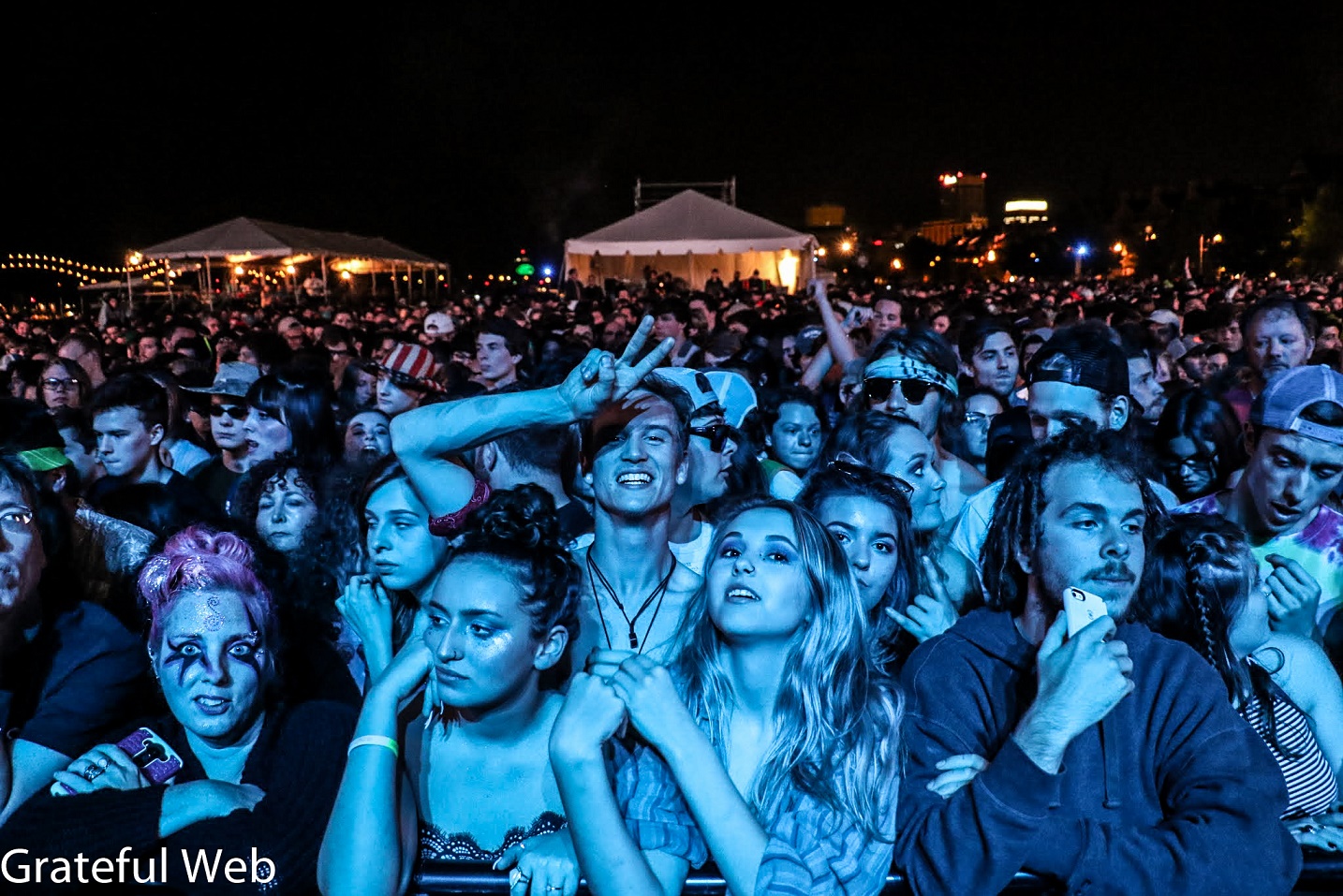 Some of the best barbecue and local cuisine can be found at the Hollywood Cafe in Tunica. The restaurant has a long, storied past intertwined with the history of blues music. According to the restaurant's website,“The Hollywood Café, both at this site and its original location in Hollywood, Mississippi, earned fame as a Delta dining institution but has also shared in the area's musical history. Pianist Muriel Wilkins performed here for years, and she and the Hollywood were immortalized in the Marc Cohn hit song "Walking in Memphis." Legendary bluesman Son House also performed at this site when the building housed the commissary of the Frank Harbert plantation, where House once resided. The Hollywood Café had neither live music nor a kitchen when Bard Selden opened the business as a bar in the summer of 1969. But over the years the café began to offer dinnertime music as the menu expanded to steak, catfish, and the Hollywood’s signature dish, fried dill pickles (a specialty of Bard’s brother Tait Selden). Muriel Wilkins (1923-1990), an African American schoolteacher from Helena, Arkansas, entertained customers with a wide repertoire ranging from standards to spirituals both at the original Hollywood, seven miles south of Robinsonville just off Highway 61, and at its new location here. After singer-songwriter Marc Cohn joined her in singing “Amazing Grace” and other spirituals here one night in 1985, he wrote about the inspirational experience in “Walking in Memphis,” which became the hit track from his 1991 debut album. In June of 1973 BBC television used the Hollywood as the setting for blues performances on its program "The Friendly Invasion." The BBC filmed a trio from the Clarksdale area, with Robert “Bilbo” Walker (billed at the time as “Chuck Berry Jr.”), Big Jack Johnson, and Sam Carr, and a Memphis group led by Joe Willie Wilkins with Houston Stackhouse, Sonny “Harmonica” Blakes, Melvin Lee, and Homer Jackson. Bob Hall, who purchased the Hollywood from Selden, brought in Muriel Wilkins and also offered music by the Turnrow Cowboys. After the Hollywood was destroyed in a fire on August 27, 1983, the Owen family bought the business from Hall and reopened the Hollywood in Robinsonville. John Almond and Michael Young acquired the Hollywood in 2006. Both Hollywood buildings had originally been plantation commissaries. The first Hollywood was on the Tate Place and had also once been used as an antique store. Delta blues icon Son House was living on the Tate Place at the time of the 1940 census, and also once resided on the Harbert Place. Robinsonville resident Phoebie Taylor recalled that House performed at the B. F. Harbert commissary, as well as at various houses, stores and filling stations in town. The commissary became the new home of the Hollywood Café in 1984. House often played together with guitarist Willie Brown, his closest musical associate, and the local blues circle also included Robert Johnson, Howlin’ Wolf, Fiddlin’ Joe Martin, Leroy Williams, Woodrow Adams, Willie Coffee, and Sol Henderson. Wolf sometimes played at his aunt Lula Prince’s house on the Harbert plantation, according to Taylor. Nolan Struck, a Louisiana-born blues and soul singer, moved to Robinsonville in more recent years. Another blues event of note at the Hollywood was attended by B.B. King and Governor Haley Barbour on November 9, 2007, when AT&T presented a $500,000 donation to the B.B. King Museum and Delta Interpretive Center. Jackson guitarist Jesse Robinson and the young Tupelo blues band Homemade Jamz performed at the ceremony”.
Some of the best barbecue and local cuisine can be found at the Hollywood Cafe in Tunica. The restaurant has a long, storied past intertwined with the history of blues music. According to the restaurant's website,“The Hollywood Café, both at this site and its original location in Hollywood, Mississippi, earned fame as a Delta dining institution but has also shared in the area's musical history. Pianist Muriel Wilkins performed here for years, and she and the Hollywood were immortalized in the Marc Cohn hit song "Walking in Memphis." Legendary bluesman Son House also performed at this site when the building housed the commissary of the Frank Harbert plantation, where House once resided. The Hollywood Café had neither live music nor a kitchen when Bard Selden opened the business as a bar in the summer of 1969. But over the years the café began to offer dinnertime music as the menu expanded to steak, catfish, and the Hollywood’s signature dish, fried dill pickles (a specialty of Bard’s brother Tait Selden). Muriel Wilkins (1923-1990), an African American schoolteacher from Helena, Arkansas, entertained customers with a wide repertoire ranging from standards to spirituals both at the original Hollywood, seven miles south of Robinsonville just off Highway 61, and at its new location here. After singer-songwriter Marc Cohn joined her in singing “Amazing Grace” and other spirituals here one night in 1985, he wrote about the inspirational experience in “Walking in Memphis,” which became the hit track from his 1991 debut album. In June of 1973 BBC television used the Hollywood as the setting for blues performances on its program "The Friendly Invasion." The BBC filmed a trio from the Clarksdale area, with Robert “Bilbo” Walker (billed at the time as “Chuck Berry Jr.”), Big Jack Johnson, and Sam Carr, and a Memphis group led by Joe Willie Wilkins with Houston Stackhouse, Sonny “Harmonica” Blakes, Melvin Lee, and Homer Jackson. Bob Hall, who purchased the Hollywood from Selden, brought in Muriel Wilkins and also offered music by the Turnrow Cowboys. After the Hollywood was destroyed in a fire on August 27, 1983, the Owen family bought the business from Hall and reopened the Hollywood in Robinsonville. John Almond and Michael Young acquired the Hollywood in 2006. Both Hollywood buildings had originally been plantation commissaries. The first Hollywood was on the Tate Place and had also once been used as an antique store. Delta blues icon Son House was living on the Tate Place at the time of the 1940 census, and also once resided on the Harbert Place. Robinsonville resident Phoebie Taylor recalled that House performed at the B. F. Harbert commissary, as well as at various houses, stores and filling stations in town. The commissary became the new home of the Hollywood Café in 1984. House often played together with guitarist Willie Brown, his closest musical associate, and the local blues circle also included Robert Johnson, Howlin’ Wolf, Fiddlin’ Joe Martin, Leroy Williams, Woodrow Adams, Willie Coffee, and Sol Henderson. Wolf sometimes played at his aunt Lula Prince’s house on the Harbert plantation, according to Taylor. Nolan Struck, a Louisiana-born blues and soul singer, moved to Robinsonville in more recent years. Another blues event of note at the Hollywood was attended by B.B. King and Governor Haley Barbour on November 9, 2007, when AT&T presented a $500,000 donation to the B.B. King Museum and Delta Interpretive Center. Jackson guitarist Jesse Robinson and the young Tupelo blues band Homemade Jamz performed at the ceremony”.
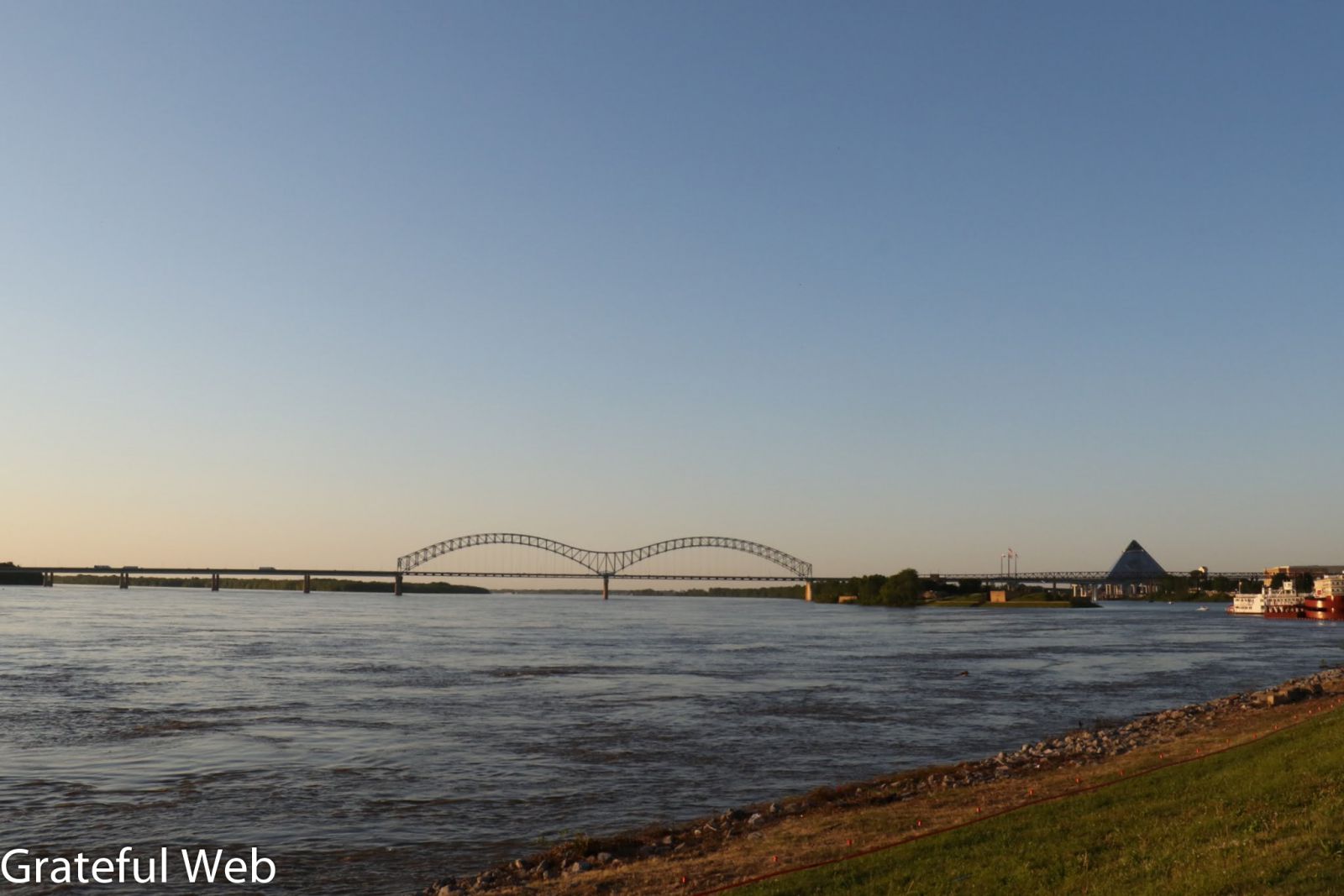 A storm blew into the southeast Wednesday night before the festival threatening to delay the event. High winds, hail and freezing rain swept across the region along with unseasonably cold temperatures. After a horrible day of weather Thursday that caused extensive flooding just across the Mississippi from Tunica and Memphis in Arkansas, the weather finally cleared Friday morning.
A storm blew into the southeast Wednesday night before the festival threatening to delay the event. High winds, hail and freezing rain swept across the region along with unseasonably cold temperatures. After a horrible day of weather Thursday that caused extensive flooding just across the Mississippi from Tunica and Memphis in Arkansas, the weather finally cleared Friday morning.
DAY 1
By the time the gates opened at the Tom Lee Park at 5 pm, the sun was beaming although it was still chilly and windy. The music Friday began on time at 6 pm.
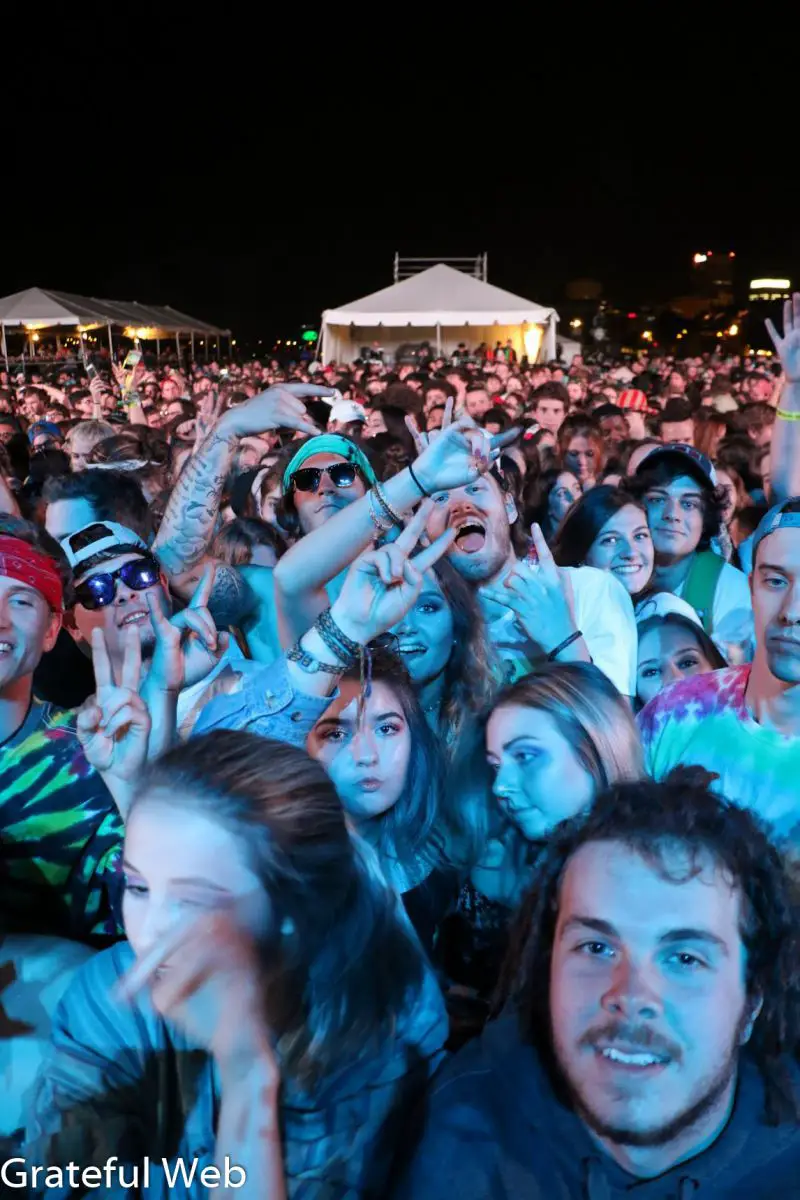 The Beale Street Music Festival is one of the most eclectic pop music festivals in America and also one of the most affordable. With advance tickets starting at less than $50 a day, the festival is worth the price of admission to see any single act, all of which are afforded full set times by the way. There are none of the 30 minute ADD sets that plague many of the biggest festivals in the country. The festival features three main outdoor stages and a blues tent with chairs. There is also a smaller showcase stage for legendary regional blues performers.
The Beale Street Music Festival is one of the most eclectic pop music festivals in America and also one of the most affordable. With advance tickets starting at less than $50 a day, the festival is worth the price of admission to see any single act, all of which are afforded full set times by the way. There are none of the 30 minute ADD sets that plague many of the biggest festivals in the country. The festival features three main outdoor stages and a blues tent with chairs. There is also a smaller showcase stage for legendary regional blues performers.
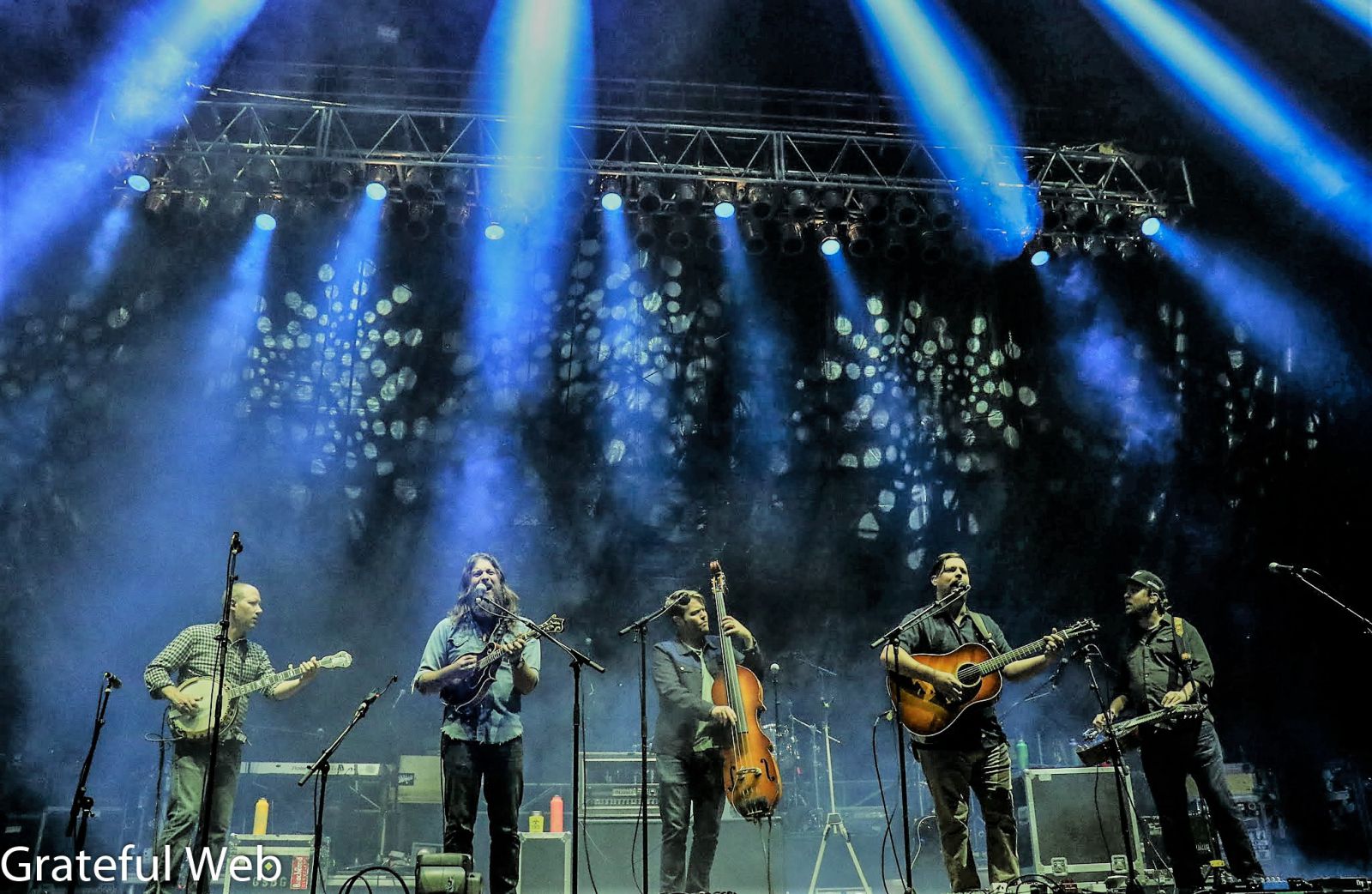
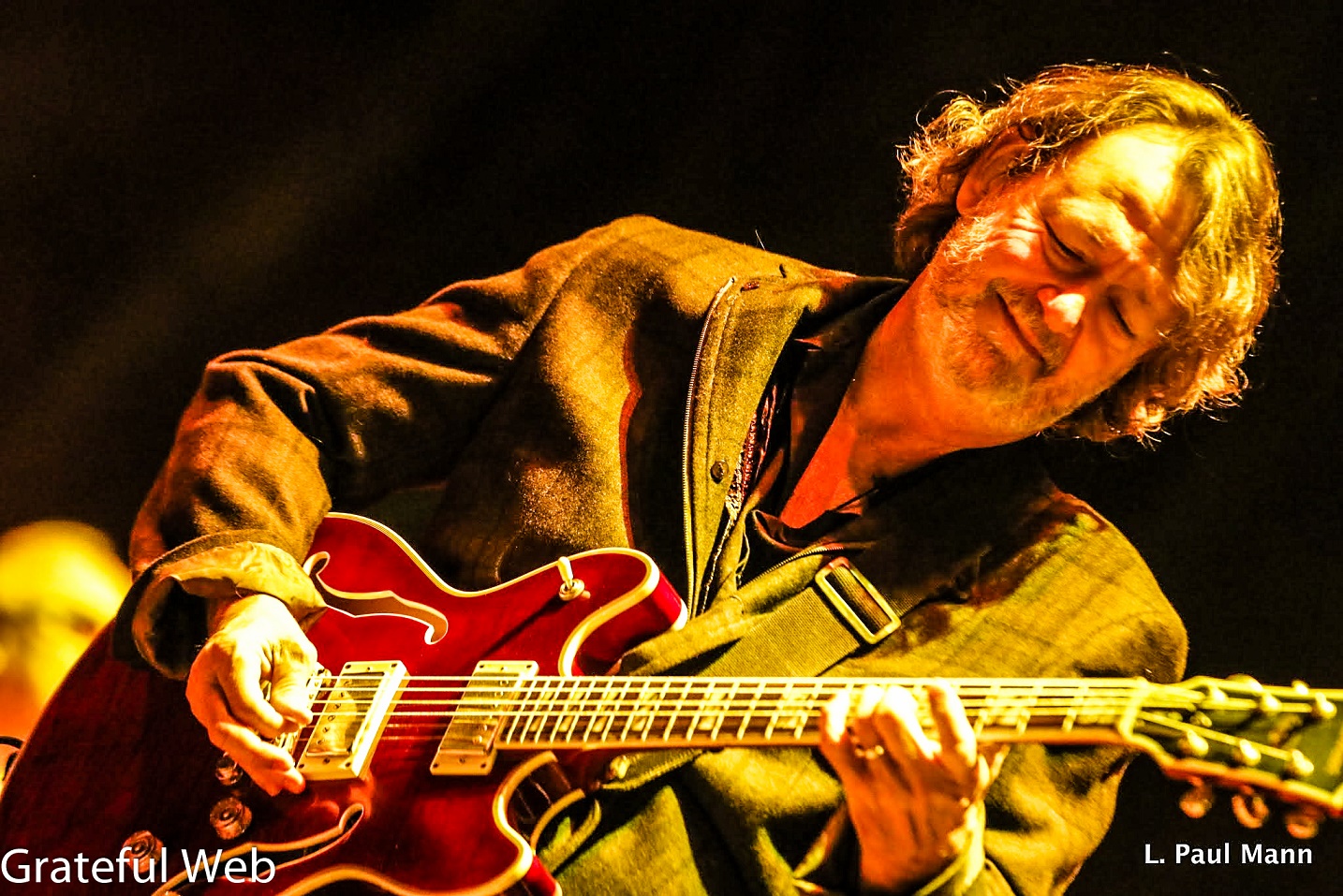 The Blues tent featured three regional blues bands that brought that lit up the house with some phenomenal guitar picking. Classic rock vocalist Peter Wolf, from J. Geils Band fame, closed the tent with a rock laden set.
The Blues tent featured three regional blues bands that brought that lit up the house with some phenomenal guitar picking. Classic rock vocalist Peter Wolf, from J. Geils Band fame, closed the tent with a rock laden set.
 The second largest Bud Light stage featured bands catering to a younger crowd, with highlights including set by Grouplove and MGMT. For many young concert goers, the Indie rockers Grouplove were the highlight of the evening with their infectious vocals by singer-keyboardist Hannah Hooper and singer-guitarist Christian Zucconi. The band met in 2009, on the island of Crete, at the Ikarus artist commune in the village of Avdou. The five piece band also features drummer Ryan Rabin, son of veteran rock drummer Trevor Rabin of Yes fame. Trevor was just inducted into the Rock and Roll Hall of Fame with Yes and Ryan seems to have inherited much of his talent. American psychedelic Indie darlings MGMT closed the stage with a well-received set. The band came to prominence with their modern rock anthem “Kids."
The second largest Bud Light stage featured bands catering to a younger crowd, with highlights including set by Grouplove and MGMT. For many young concert goers, the Indie rockers Grouplove were the highlight of the evening with their infectious vocals by singer-keyboardist Hannah Hooper and singer-guitarist Christian Zucconi. The band met in 2009, on the island of Crete, at the Ikarus artist commune in the village of Avdou. The five piece band also features drummer Ryan Rabin, son of veteran rock drummer Trevor Rabin of Yes fame. Trevor was just inducted into the Rock and Roll Hall of Fame with Yes and Ryan seems to have inherited much of his talent. American psychedelic Indie darlings MGMT closed the stage with a well-received set. The band came to prominence with their modern rock anthem “Kids."
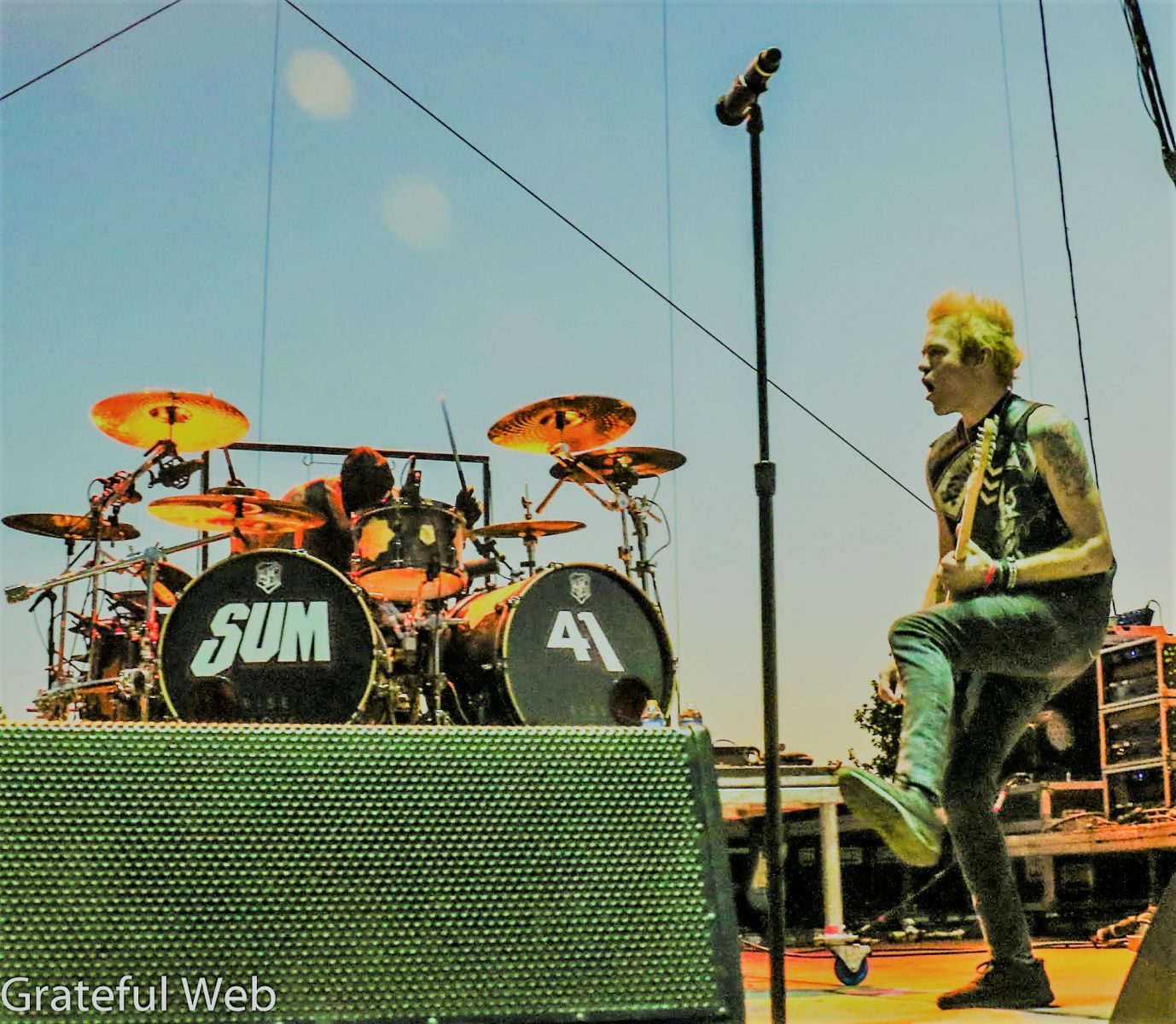
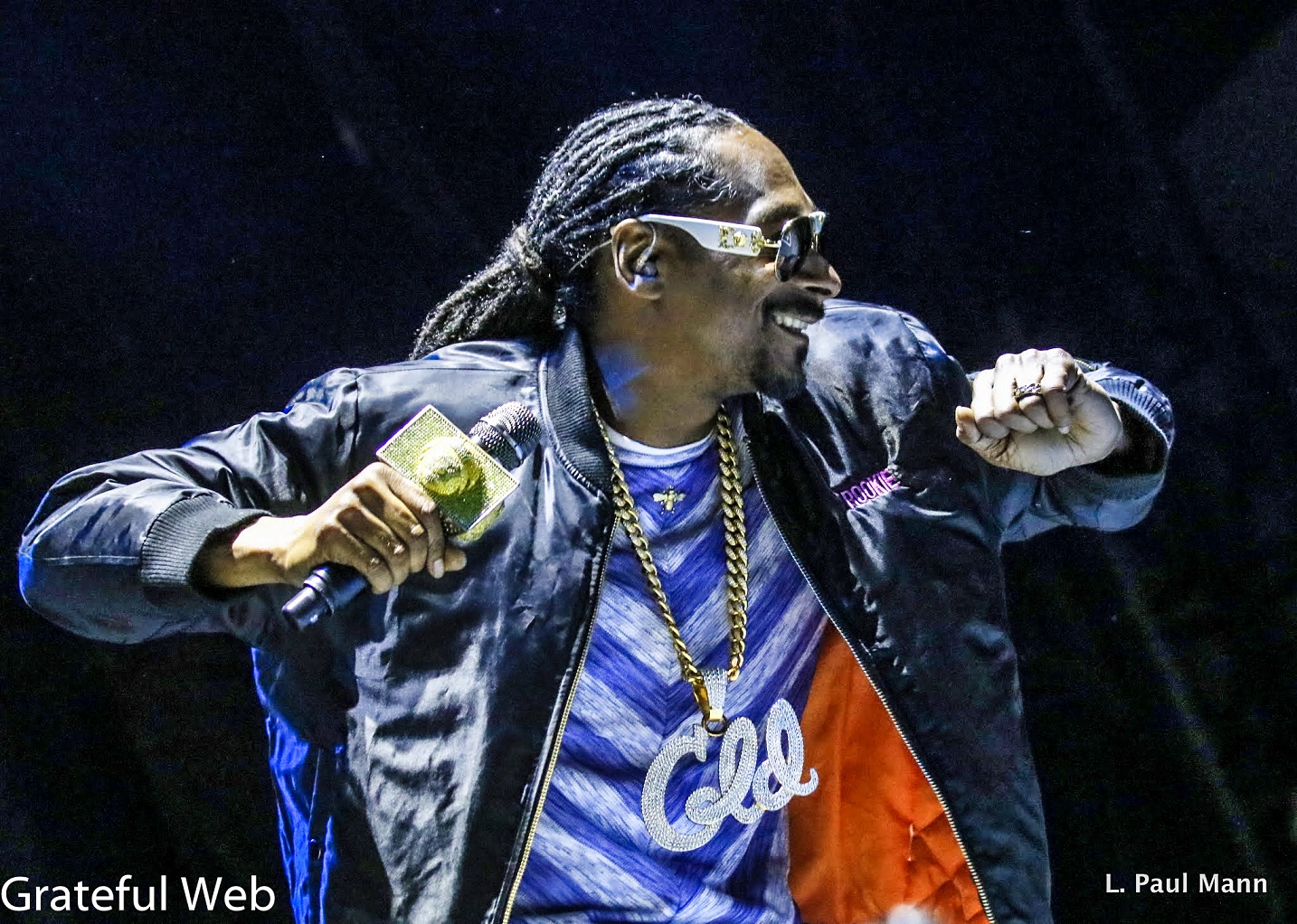 The final act on the Fedex stage was a triumphant finale by Hip Hop legend and American icon Snoop Dogg. Along with a crack band, backup singers and dancer, and even a dancer in a dog costume, the hit-making rapper wowed the crowd with his popular music. It was a fitting end to a fantastic night of diverse music.
The final act on the Fedex stage was a triumphant finale by Hip Hop legend and American icon Snoop Dogg. Along with a crack band, backup singers and dancer, and even a dancer in a dog costume, the hit-making rapper wowed the crowd with his popular music. It was a fitting end to a fantastic night of diverse music.





